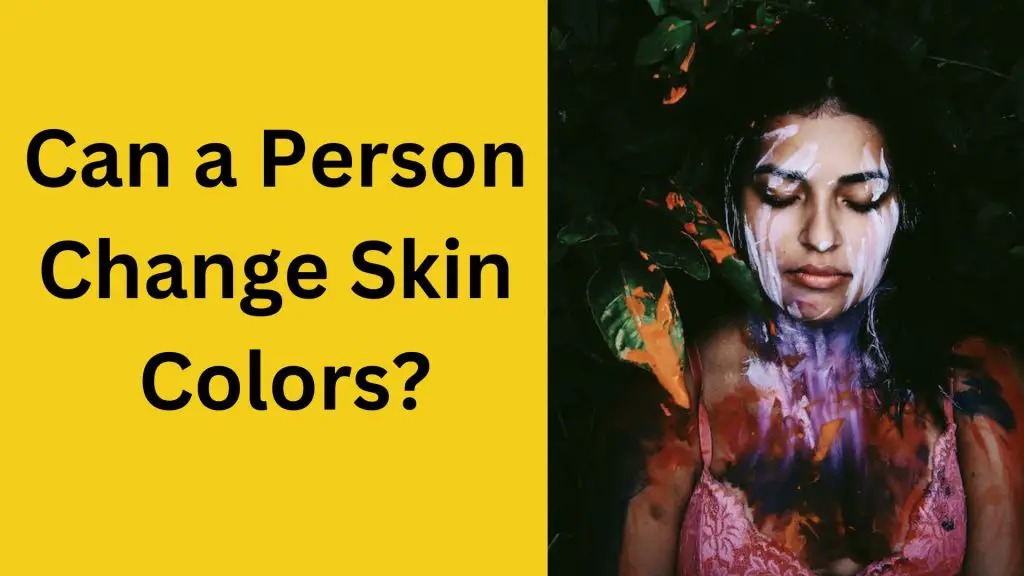Have you ever wondered what makes your skin glow? You know, that natural radiance that makes you look healthy and beautiful. Well, it’s not just a matter of genetics or luck. There are many factors that can affect your glow, such as your environment, your lifestyle and your diet.
Yes, you heard that right. Your diet can have a huge impact on your glow. What you eat can either nourish or damage your skin, depending on the quality and quantity of the foods you consume. In this article, we will explore how diet influences the glow and what foods to eat or avoid for a radiant complexion.
How Diet Influences the Glow
Your skin is the largest organ of your body and it reflects your overall health and well-being. Your skin needs various nutrients, such as vitamins, minerals, antioxidants, healthy fats and hydration to function properly and maintain its elasticity, firmness and smoothness. These nutrients also help protect your skin from external aggressors, such as UV rays, pollution and free radicals, that can cause inflammation, oxidative stress and aging.
Your diet is one of the main sources of these nutrients for your skin. By eating a balanced and varied diet, you can provide your skin with the essential nutrients it needs to glow. On the other hand, by eating a poor and unbalanced diet, you can deprive your skin of these nutrients and cause it to lose its glow. Some foods can also trigger or worsen skin problems, such as acne, eczema, rosacea and psoriasis.
So, what are the foods that can enhance or diminish your glow? Let’s find out in the next sections.
Foods to Eat for a Glowing Skin
If you want to have a glowing skin, you should include more of these foods in your daily diet:
- Berries: Berries are rich in antioxidants, such as vitamin C, anthocyanins and flavonoids, that can help fight free radicals and prevent skin damage. Berries also contain fiber and water that can help keep your skin hydrated and smooth. You can eat berries fresh or frozen, or add them to your smoothies, salads or desserts.
- Citrus fruits: Citrus fruits, such as oranges, lemons, grapefruits and limes, are another great source of vitamin C, which is essential for collagen synthesis and skin repair. Vitamin C also helps brighten your skin tone and reduce hyperpigmentation. You can eat citrus fruits whole or squeeze them into juices or dressings.
- Leafy greens: Leafy greens, such as spinach, kale, lettuce and cabbage, are packed with vitamins A, C and K, minerals such as iron and calcium, and antioxidants such as beta-carotene and lutein. These nutrients can help improve blood circulation to your skin, reduce inflammation and protect your skin from sun damage. You can eat leafy greens raw or cooked, or blend them into green smoothies or soups.
- Carrots: Carrots are one of the best sources of beta-carotene, a precursor of vitamin A that can help boost your skin’s natural defense against UV rays. Beta-carotene also gives carrots their orange color, which can impart a healthy glow to your skin. You can eat carrots raw or cooked, or grate them into salads or cakes.
- Tomatoes: Tomatoes are rich in lycopene, a powerful antioxidant that can help protect your skin from sunburn and aging. Lycopene also gives tomatoes their red color, which can enhance your skin’s natural blush. You can eat tomatoes fresh or cooked, or make them into sauces or soups.
- Avocado: Avocado is a superfood for your skin. It contains healthy fats that can moisturize your skin from within and prevent dryness. It also contains vitamins E and C that can help prevent wrinkles and improve skin elasticity. You can eat avocado plain or mash it into guacamole or toast.
- Salmon: Salmon is one of the best sources of omega-3 fatty acids that can help reduce inflammation and improve skin barrier function. Omega-3s also help regulate oil production and prevent acne breakouts. You can eat salmon grilled or baked, or make it into salads or sandwiches.
- Walnuts: Walnuts are another excellent source of omega-3s that can benefit your skin. They also contain other nutrients such as zinc, selenium and vitamin E that can help heal wounds and prevent infections. You can eat walnuts raw or roasted, or add them to your oatmeal or granola.
- Dark chocolate: Dark chocolate is not only delicious but also good for your skin. It contains flavonoids that can help improve blood flow to your skin and increase its hydration and smoothness. It also contains magnesium that can help relax your muscles and reduce stress, which can affect your skin negatively. You can eat dark chocolate as a treat or use it to make desserts or hot cocoa.
Foods to Avoid for a Glowing Skin
If you want to have a glowing skin, you should avoid or limit these foods in your daily diet:
- Fried foods: Fried foods, such as french fries, chicken nuggets, doughnuts and chips, are high in calories, fat and salt that can cause weight gain, inflammation and dehydration. These factors can make your skin look dull, puffy and saggy. You should choose baked or grilled options over fried ones, or make your own healthy versions at home.
- Fast foods: Fast foods, such as burgers, pizzas, hot dogs and sandwiches, are often loaded with processed ingredients, such as refined flour, sugar, salt and preservatives, that can spike your blood sugar levels and trigger insulin resistance. This can lead to hormonal imbalances and acne flare-ups. You should opt for fresh and whole foods over processed ones, or make your own healthy versions at home.
- Baked goods: Baked goods, such as cakes, cookies, muffins and pastries, are high in sugar and refined carbohydrates that can cause inflammation and oxidative stress in your body. This can damage your collagen and elastin fibers and accelerate skin aging. You should limit your intake of baked goods or choose healthier alternatives made with whole grains, fruits and nuts.
- Soda: Soda is one of the worst drinks for your skin. It contains a lot of sugar and artificial sweeteners that can cause inflammation and dehydration. It also contains phosphoric acid that can leach calcium from your bones and teeth and weaken them. You should drink water or herbal tea instead of soda or choose sparkling water with natural flavors.
- Coffee: Coffee is a popular drink that can boost your energy and mood. However, it can also have some negative effects on your skin. It can dehydrate your skin and make it look dry and dull. It can also interfere with your sleep quality and increase your stress levels, which can worsen your skin problems. You should limit your intake of coffee to one or two cups per day or switch to decaf or green tea.
- Alcohol: Alcohol is another drink that can harm your skin. It can dehydrate your skin and make it look red, inflamed and puffy. It can also impair your liver function and prevent it from detoxifying your body properly. This can result in toxins accumulating in your blood and affecting your skin negatively. You should limit your intake of alcohol to one or two drinks per week or avoid it altogether.
Conclusion
As you can see, your diet can have a significant impact on your glow. What you eat can either nourish or damage your skin, depending on the quality and quantity of the foods you consume. By eating a balanced and varied diet that includes more of the foods that enhance the glow and less of the foods that diminish the glow, you can improve your skin’s health and appearance. Remember, beauty comes from within.
We hope you enjoyed this article and learned something new. If you have any questions or comments, please feel free to share them below. We would love to hear from you. Thank you for reading!

